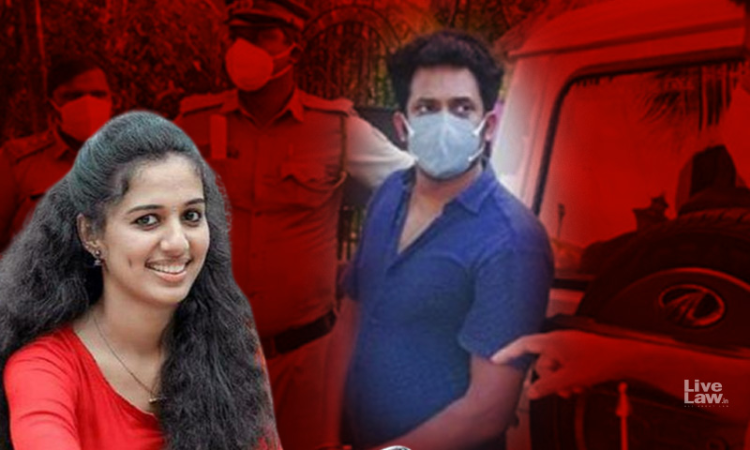Vismaya Dowry Death: Husband Kiran Kumar Moves Kerala High Court Challenging Conviction & Sentence
Hannah M Varghese
30 Jun 2022 2:12 PM IST

Next Story
30 Jun 2022 2:12 PM IST
Kiran Kumar, the convict in the Vismaya dowry death case has approached the Kerala High Court challenging his conviction and the sentence imposed on him by the trial court.Justice Kauser Edappagath admitted the appeal and issued notice to the respondents. The matter will be taken up a month later. In an incident that shook the State last year, Vismaya, a 22-year-old Ayurveda medical student...
